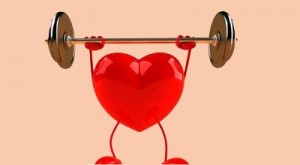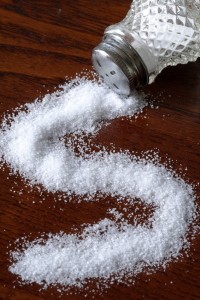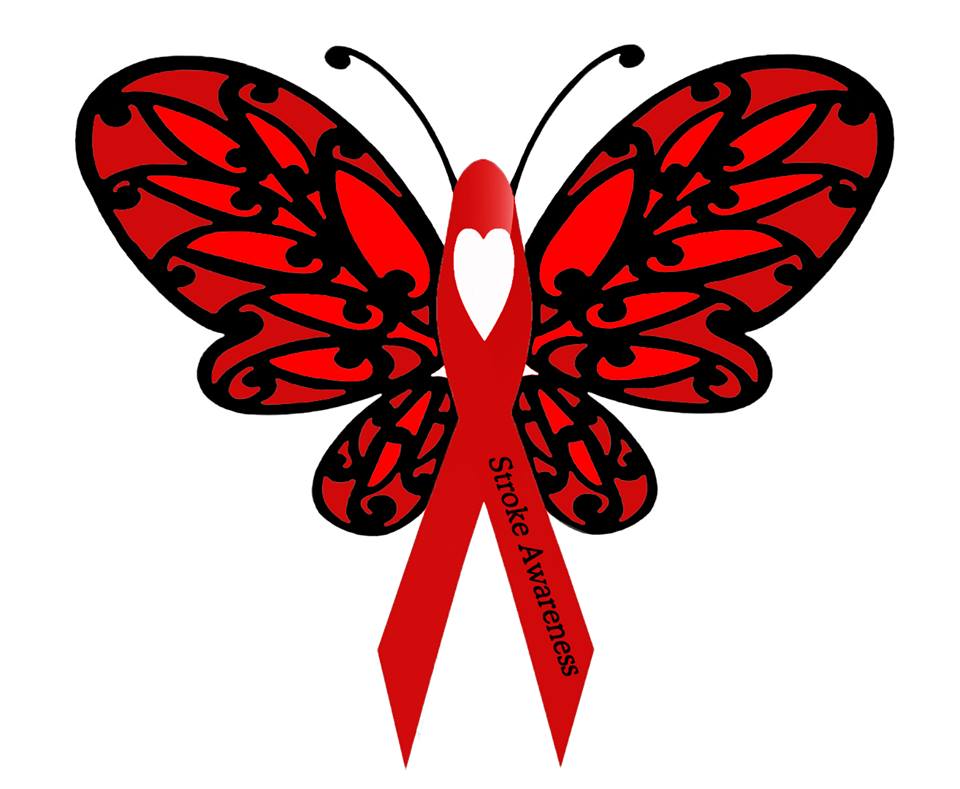
World Heart Day 2014
As regular readers of this blog know I am rather skeptical about of lot of MedEd (medical education for those not in the in crowd). Actually much of it is total rubbish. And it strikes me the bigger the organisation the more rubbish it tends to produce. You know who you are! But no names no pack drill!
So you can imagine my delighted when an email about World Heart Day dropped into my inbox. One of those great occasions when I’m sent something which is actually useful. Mainly about salt reduction it does not just say why but much more importantly it says how.
On World Heart Day, which takes place on 29 September, the World Health Organization (WHO) is asking us to take action on the overuse of salt. They feel we can do this by implementing their sodium (the main source our diets is salt) reduction recommendations. This they say reduce the number of people experiencing heart disease and strokes.
In fact noncommunicable diseases, including heart disease and stroke, are now the main causes of premature death .
“If the target to reduce salt by 30% globally by 2025 is achieved, millions of lives can be saved from heart disease, stroke and related conditions,” shares Dr Oleg Chestnov, WHO Assistant Director-General for Noncommunicable Diseases and Mental Health.
As we noted above main source of sodium in our diet is salt. But it also come from from sodium glutamate and sodium chloride, and is used as a condiment in many parts of the world. In the developed world WHO claim 80% of salt intake comes from processed foods such as bread, cheese, bottled sauces, cured meats and ready-made meals.
Too much sodium to hypertension, or high blood pressure, and there or up the risk of things like heart disease and stroke.
On average, people consume around 10 grams of salt per day which is twice as much as we should.
“Salt is in almost everything we eat, either because high levels of salt are found in most

Salt reduction boost health
processed and prepared foods, or because we are adding salt when we prepare food at home,” adds Dr Chestnov.
Government and NGos wouldn’t be government or NGOs if they did not call for greater regulation. So they kick off with:-
- regulations and policies to ensure that food manufacturers and retailers reduce the levels of salt in food and beverage products;
- agreements with the industry to ensure that manufacturers and retailers make healthy food (with low salt) available and affordable;
- fostering healthy eating environments (that promote salt reduction) in public places such as schools, hospitals, workplaces and public institutions;
- ensuring clear food labelling so consumers can easily understand the level of salt in products;
But what about us. Because that is where it really counts as we all know.
- reading food labels when buying processed food to check salt levels; (or of course you can give process food a miss)
- asking for products with less salt when buying prepared food in restaurants etc
- removing salt dispensers and bottled sauces from dining tables;
- limiting the amount of salt added in cooking to a total maximum amount a fifth of a teaspoon over the course of a day;
- limiting frequent consumption of high salt products;
- guiding children’s taste buds through a diet of mostly unprocessed foods without adding salt.
They also gave us a few links so please check them out!



